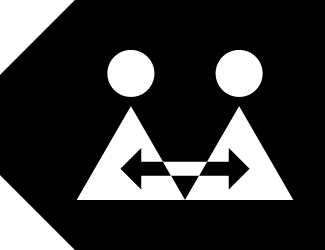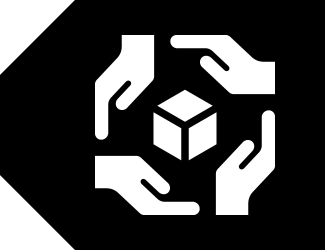
TK Labels

The Traditional Knowledge (TK) Labels are an initiative for Indigenous communities and local organizations. Developed through sustained partnership and testing within Indigenous communities across multiple countries, the Labels allow communities to express local and specific conditions for sharing and engaging in future research and relationships in ways that are consistent with already existing community rules, governance and protocols for using, sharing and circulating knowledge and data.
The TK Labels support the inclusion of local protocols for access and use to cultural heritage that is digitally circulating outside community contexts. The Labels identify and clarify community-specific rules and responsibilities regarding access and future use of traditional knowledge. This includes sacred and/or ceremonial material, material that has gender restrictions, seasonal conditions of use and/or materials specifically designed for outreach purposes.
The Labels offer an educative and informational strategy to help non-community users of this cultural heritage understand its significance to the communities from where it derives and continues to have meaning. TK Labels identify cultural material that has community-specific conditions regarding access and use. The Labels promote new standards of respect by embedding Indigenous rules and protocols within digital systems.
The TK Label designs had been an interactive process with multiple Indigenous communities internationally. The designs for the TK Labels were developed in collaboration with Alexander Hage. Label and Notice implementation supported by Michael Wynne.
For more information on how to display or use the Labels, view the Labels Usage Guide or register for the Local Contexts Hub.





















